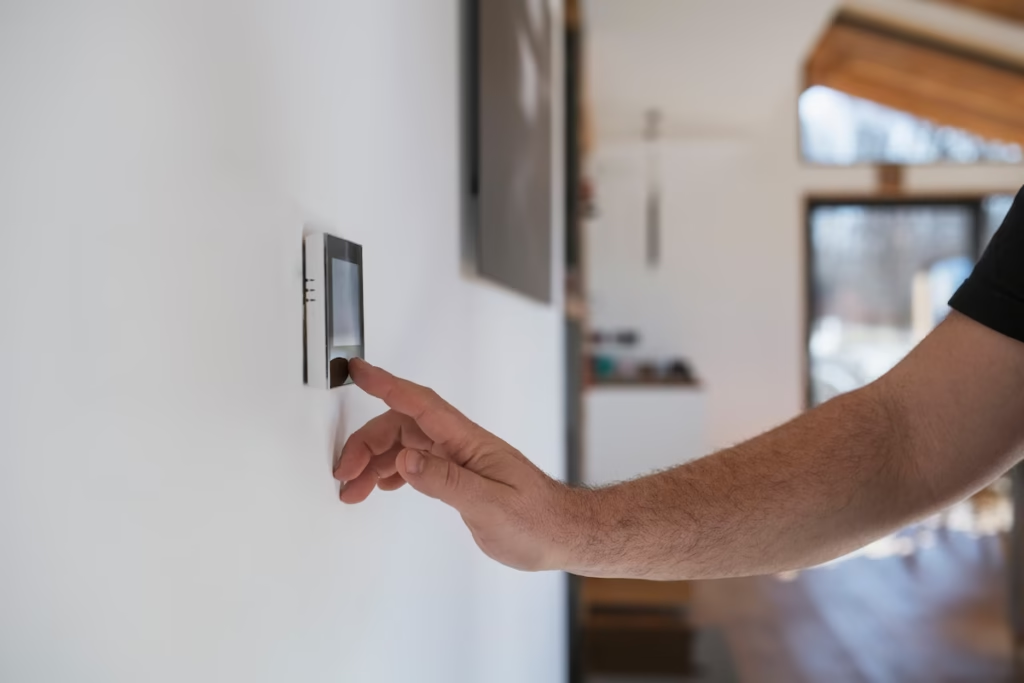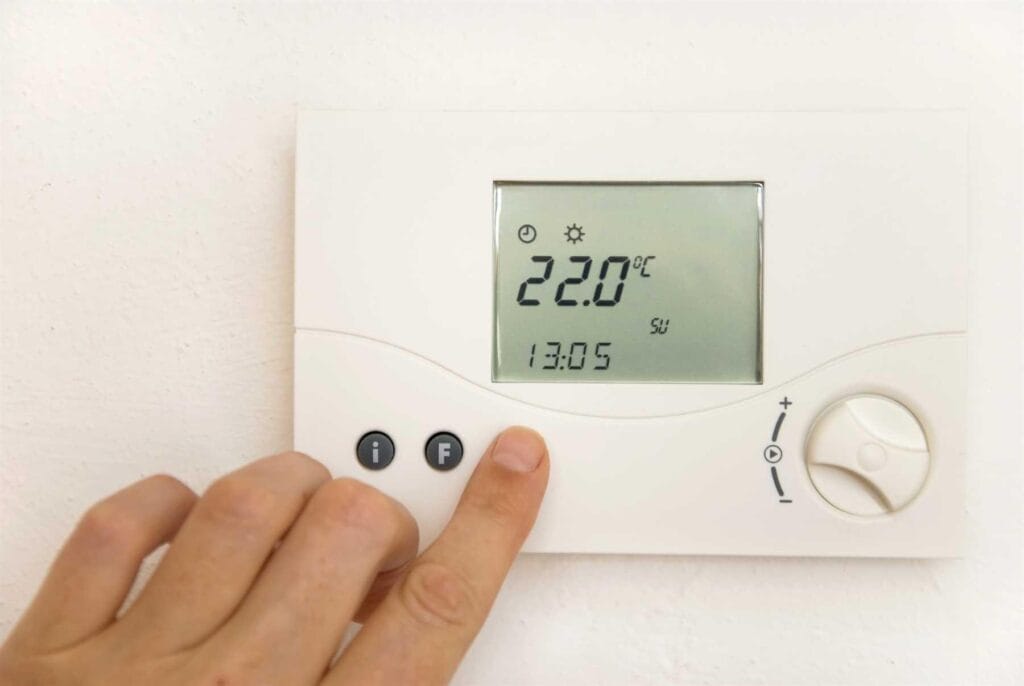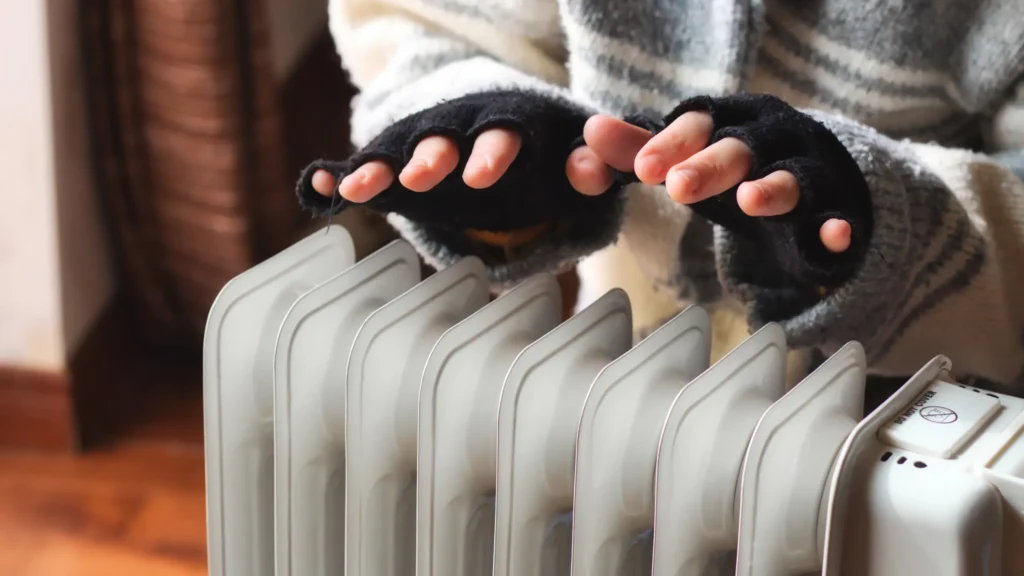HVAC (Heating, Ventilation, and Air Conditioning) plays a crucial role in maintaining comfort by regulating temperature, humidity control, and indoor air quality. These systems are essential for homes, businesses, and industries, ensuring cooling in the summer and warmth during colder months. For Gold Coast residents, where the climate fluctuates between hot, humid summers and mild winters, a well-functioning HVAC system is necessary to maintain fresh air circulation, prevent pollutants, and achieve effective temperature regulation. Understanding the four key components – Heating, Ventilation, Air Conditioning, and Control Systems (Thermostats) – is essential for optimizing performance and energy efficiency.
Heating Component
The heating function of an HVAC system provides warmth during colder months. In Gold Coast, where winters are mild but can still get chilly, heat pumps and furnaces are common heating solutions.
- Heat pumps are highly energy-efficient and work by transferring heat from the outside air to the inside, making them a sustainable option for heating and cooling in one system.
- Furnaces, although more common in colder climates, are used in some HVAC systems for direct heating, usually powered by gas or electricity.
Heating Efficiency Tips:
- Regular maintenance ensures optimal temperature regulation and prevents breakdowns.
- Proper insulation reduces reliance on heating systems, lowering energy costs.
Ventilation Component
Ventilation is essential for maintaining fresh air circulation and removing indoor pollutants. This component of an HVAC system ensures a constant exchange of air, preventing mold buildup, allergies, and stale air.
There are two types of ventilation:
- Natural Ventilation – Airflow through windows, doors, and vents. While useful, it may not always be effective in humidity control.
- Mechanical Ventilation – Uses air ducts, fans, and filters to regulate indoor air quality and humidity levels.
Benefits of Proper Ventilation:
- Improves comfort by maintaining optimal indoor conditions.
- Controls humidity, reducing moisture-related damage.
- Removes pollutants, ensuring healthier indoor air.
Air Conditioning Component
Effective air conditioning is vital in the Gold Coast, especially during hot, humid summers. The cooling process in an HVAC system removes excess heat and moisture from indoor spaces.
Common air conditioning options include:
- Split System Air Conditioners – Ideal for individual rooms, providing direct cooling.
- Ducted Air Conditioning – A whole-house solution that distributes cooling efficiently.
- Evaporative Cooling Systems – Uses water to cool air naturally, though they work best in drier climates.
Best Practices for Air Conditioning:
- Clean filters regularly to prevent pollutants from circulating.
- Use programmable thermostats for energy-efficient temperature regulation.
- Ensure proper humidity control to prevent excess moisture in the air.
Control Systems
Thermostats regulate temperature and optimize the function of the HVAC system. They allow users to set desired conditions for improved comfort and efficiency.
Types of Thermostats:
- Manual Thermostats – Simple, manual adjustment.
- Programmable Thermostats – Allows scheduled settings for different times of the day.
- Smart Thermostats – Wi-Fi-enabled, learning user preferences and optimizing heating, cooling, and ventilation settings.
Smart thermostats enhance comfort and energy efficiency by automatically adjusting temperature regulation based on weather conditions and occupancy patterns.
A well-functioning HVAC system is critical for maintaining comfort, ensuring temperature regulation, and optimizing humidity control. By integrating heating, ventilation, air conditioning, and advanced thermostats, these systems provide fresh air, remove pollutants, and deliver efficient cooling and heating solutions tailored to the Gold Coast climate.
But how do these components work together to create a truly efficient system? What happens when one component fails?
Stay tuned for Part 2, where we’ll explore how these elements interact to maximize energy efficiency and indoor comfort.






